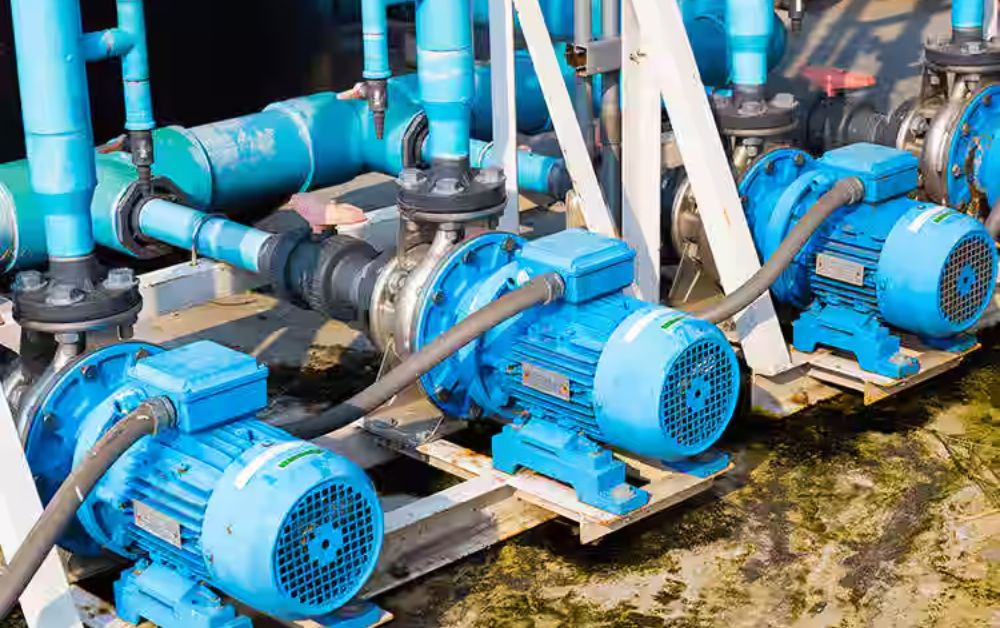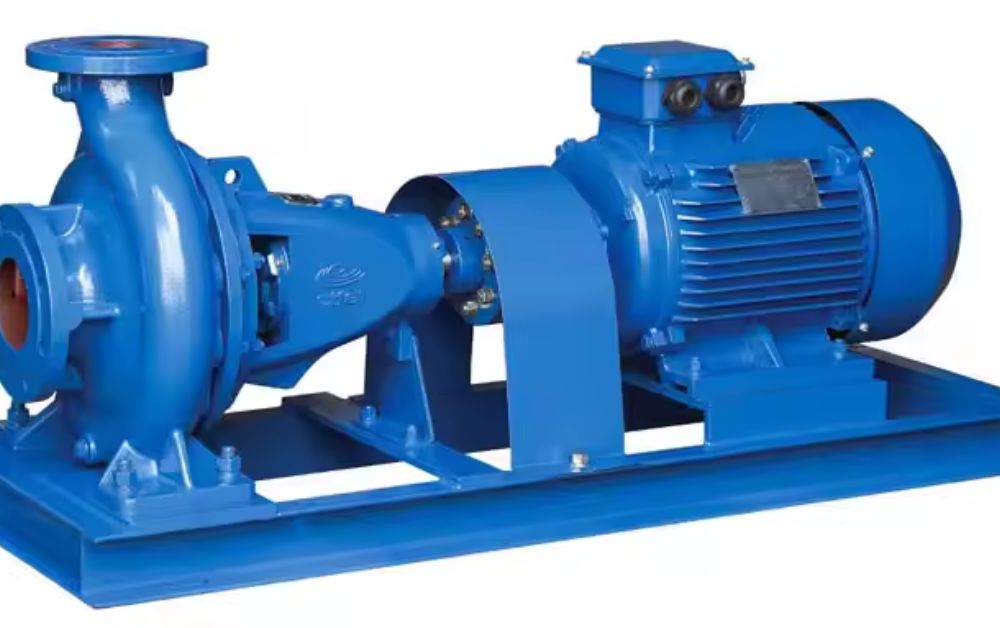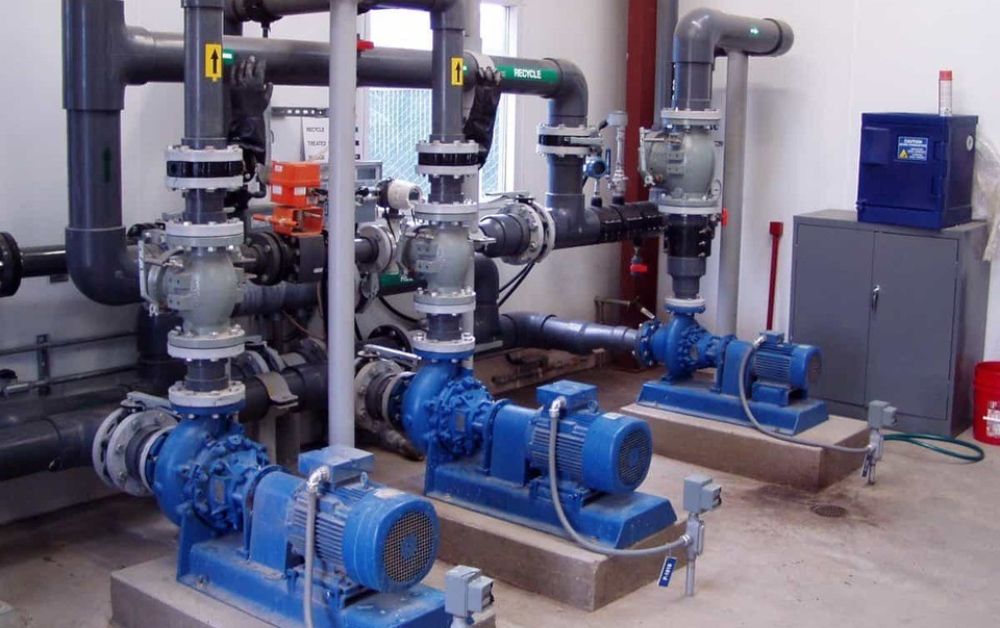Saudi Arabia’s unique climate, defined by high temperatures, arid conditions, and growing industrial demands, places exceptional pressure on pumping systems. From agriculture and construction to oil, gas, and municipal water management, pumps are indispensable across the Kingdom. Yet, one important question often arises for businesses and project managers: Should they choose diesel pumps or electric pumps?
Both technologies have their strengths, but their suitability often depends on Saudi Arabia’s environmental conditions, infrastructure, and operational goals. Choosing the right system also requires guidance from reliable pumps dealers in Saudi Arabia who understand the regional climate and industrial requirements.

Understanding Diesel Pumps
Diesel-powered pumps rely on combustion engines to generate the mechanical power needed to move fluids. They are widely used in industries that require flexibility and mobility.
Advantages of Diesel Pumps
1. Independence from Grid Power
Diesel pumps can operate in remote areas without access to electricity. This makes them ideal for agricultural irrigation in rural regions or emergency situations where grid power is unavailable.
2. High Power Output
Diesel pumps often provide stronger suction and discharge power, making them suitable for heavy-duty operations like dewatering construction sites or supporting oil and gas projects.
3. Durability in Harsh Environments
Designed to handle tough conditions, diesel pumps perform reliably in dusty and high-temperature environments common in Saudi Arabia.
Challenges of Diesel Pumps
- Fuel Costs: Operating costs rise with fluctuating diesel prices.
- Maintenance Requirements: Diesel engines require regular servicing to prevent breakdowns.
- Emissions: Increased carbon emissions may conflict with Saudi Arabia’s long-term sustainability goals under Vision 2030.
Understanding Electric Pumps
Electric pumps, powered by electricity, are often preferred for permanent installations and urban settings where reliable access to electricity is available.
Advantages of Electric Pumps
1. Energy Efficiency
Electric pumps are generally more energy-efficient and cost-effective in the long run when electricity is affordable and readily available.
2. Low Maintenance
With fewer moving parts, electric pumps require less maintenance compared to diesel-powered alternatives.
3. Eco-Friendly
Electric pumps produce no direct emissions, aligning better with Saudi Arabia’s sustainability and clean energy initiatives.
4. Quiet Operation
Unlike diesel pumps, electric pumps operate silently, making them ideal for urban and residential areas.
Challenges of Electric Pumps
- Dependence on Power Supply: In remote regions where power infrastructure is limited, electric pumps may not be practical.
- Initial Setup Costs: Installing electric systems, especially for large industrial projects, can involve higher upfront costs.
Climate Considerations for Saudi Arabia
Saudi Arabia’s extreme heat, desert environment, and rapid industrial growth demand pumping solutions tailored to local conditions. Here’s how the climate affects pump performance:
- High Temperatures: Diesel pumps must be maintained carefully to prevent overheating. Electric pumps, if placed in shaded or ventilated enclosures, handle heat better.
- Remote Areas: Diesel pumps are often the only viable choice where electricity infrastructure is lacking, such as agricultural farms or oil field operations in remote deserts.
- Urban Centers: Electric pumps are favored in cities like Riyadh and Jeddah, where stable grid power supports water supply networks, HVAC systems, and industrial facilities.
Which Pump is Best for Saudi Arabia?
There is no one-size-fits-all answer. The choice between diesel and electric pumps in Saudi Arabia depends on the application:
- Agriculture in Remote Areas: Diesel pumps are preferred due to independence from the power grid.
- Oil and Gas Projects: Diesel pumps often dominate here due to their portability and high power output.
- Municipal Water Systems and HVAC Projects: Electric pumps excel in urban areas, offering efficiency and reduced emissions.
- Construction Sites: Diesel pumps are widely used for dewatering and temporary water management where electricity is unavailable.
Ultimately, the decision should be guided by specific project needs, energy costs, and long-term sustainability goals.

Role of Trusted Dealers in Decision-Making
Selecting the right pump type also means choosing the right supplier. Reliable pumps dealers in Saudi Arabia offer more than just products—they provide expertise, after-sales support, and guidance to match the pump to the application. Key factors to consider when selecting a dealer include:
- Authenticity of Products – Ensure genuine pumps from trusted manufacturers.
- Technical Support – Knowledgeable dealers recommend the right solution for Saudi Arabia’s climate.
- After-Sales Services – Reliable installation, maintenance, and spare parts availability.
- Stock Readiness – Dealers with well-maintained inventories reduce downtime for urgent projects.
- Local Market Knowledge – Understanding Saudi Arabia’s industrial landscape ensures tailored recommendations.
Conclusion
Both diesel and electric pumps play vital roles in Saudi Arabia’s industries. Diesel pumps offer flexibility and high power for remote and rugged applications, while electric pumps align with urban infrastructure, energy efficiency, and sustainability goals. The right choice depends on the specific project, location, and long-term operational strategy.
When it comes to sourcing these solutions, Apеx Global Solution shines as a trusted name among pumps dealers in Saudi Arabia. With a reputation for genuine products, technical expertise, and strong customer support, they provide the confidence businesses need to make the best pump choices for Saudi Arabia’s unique climate and growing demands.


